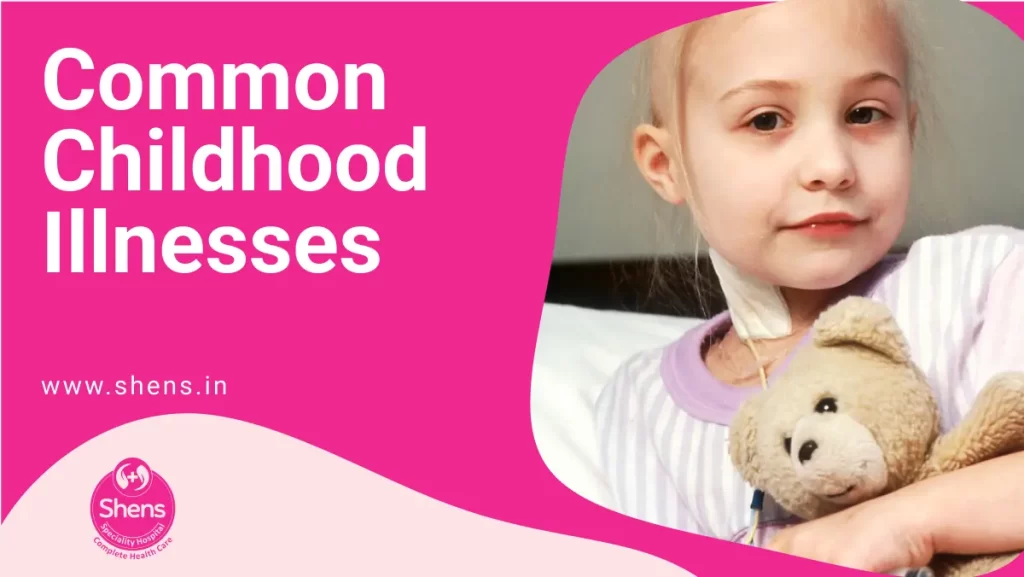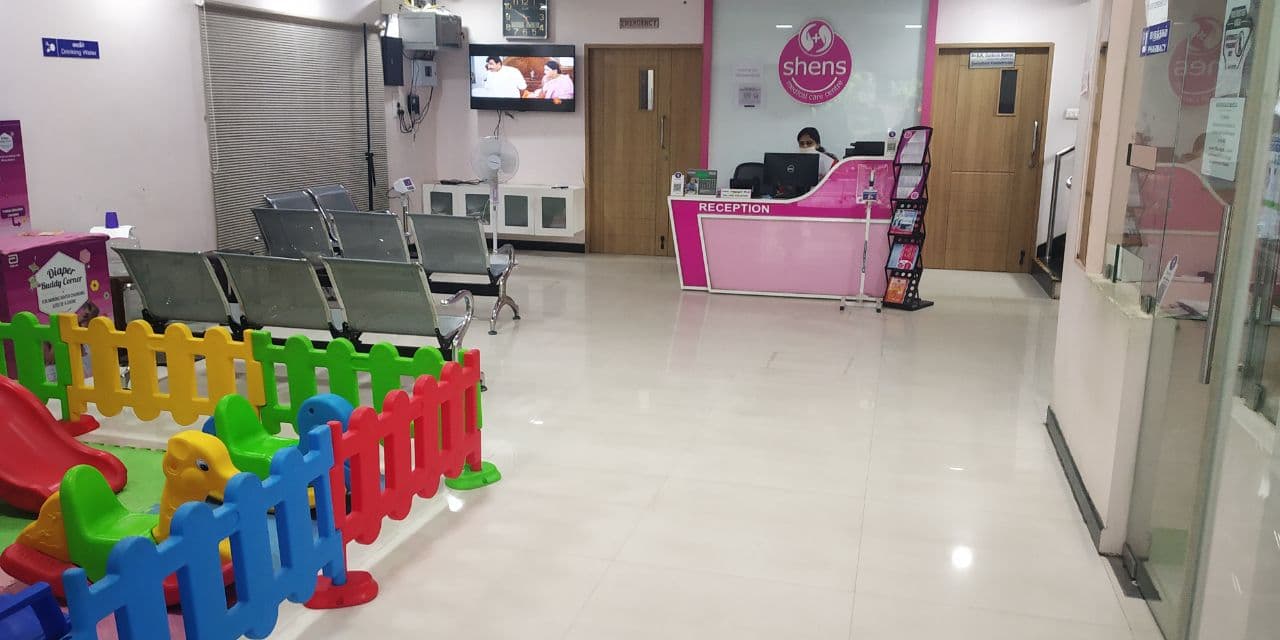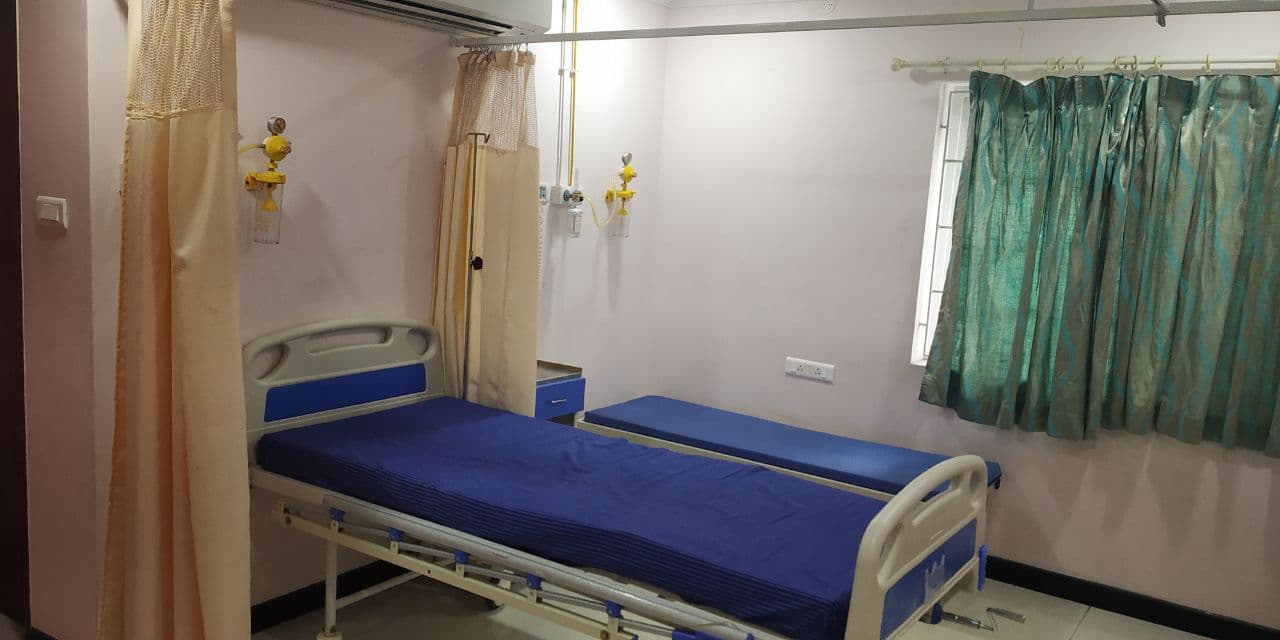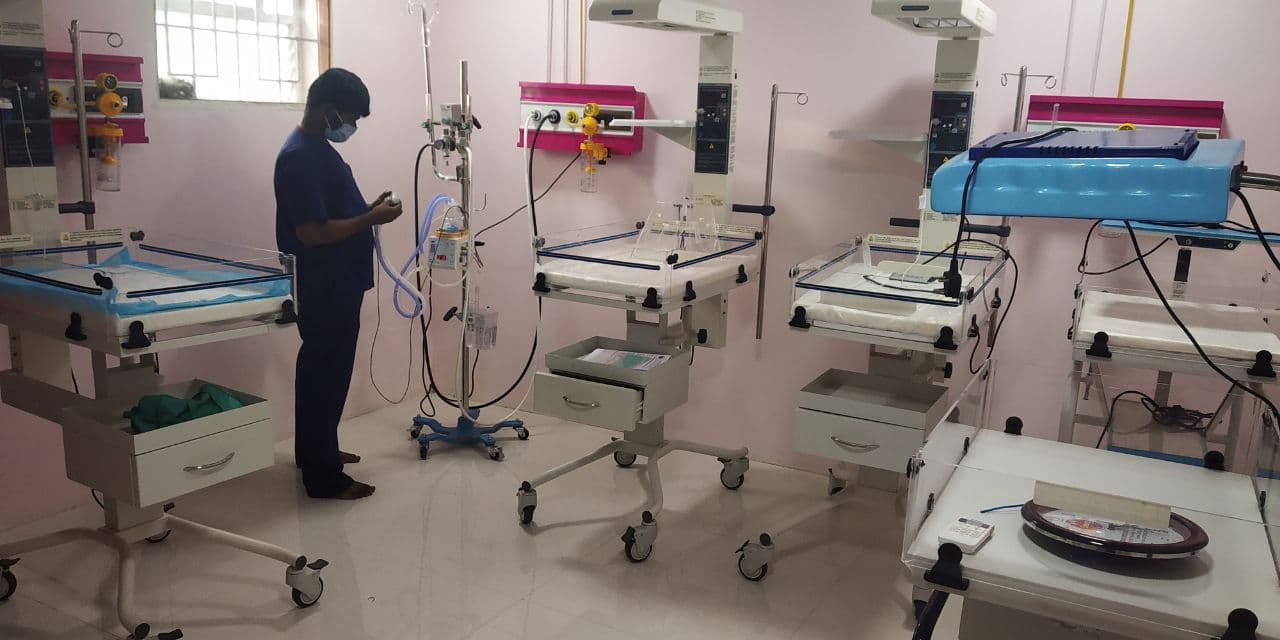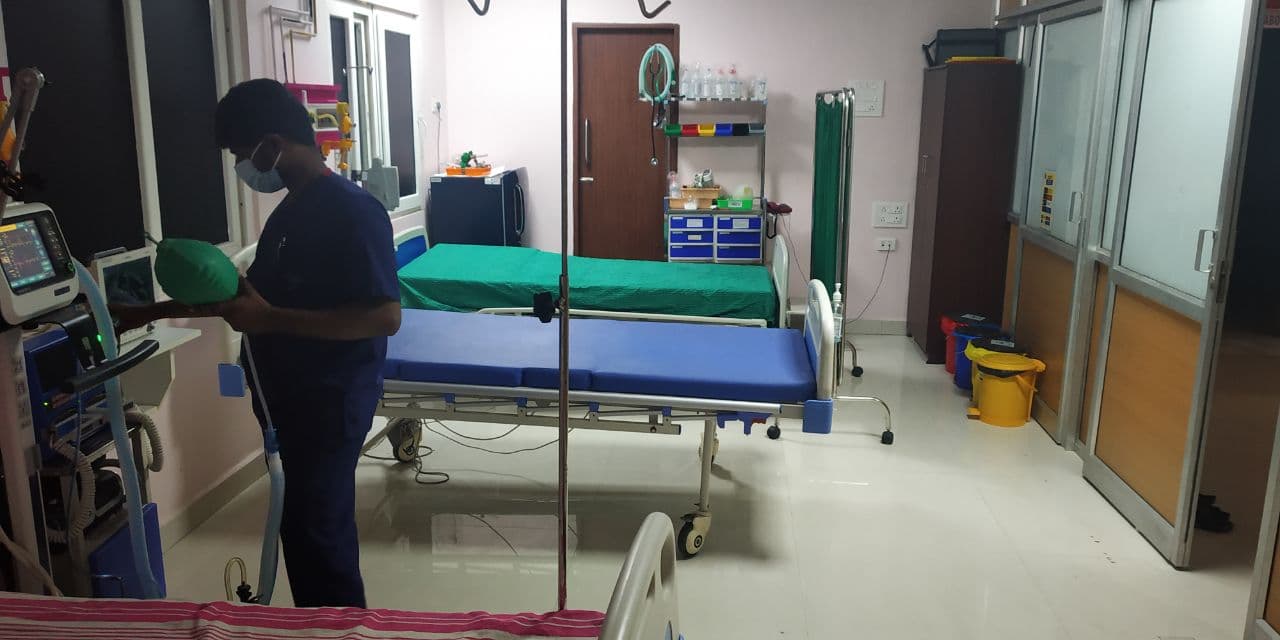In today’s medical world, all children deserve sophisticated medical care. At the same, it is equally important for the parents to be aware of the advanced treatment guidelines to ensure that the child gets the best possible medical care without any delay.
Our Paediatricians here will discuss the treatment variations which best suits your child, especially for the common childhood illnesses. If you need further clarification our experts at Shens Hospitals are here to help you with the approved treatments to provide standard results.
Ten most common childhood illnesses
These are the symptoms and treatments for the ten most common childhood diseases.
Common Cold
If your child has a blocked or runny nose, watery eyes or if he continuously sneezes and coughs, he/she could have caught a cold. Coughs and Colds are the most common childhood illnesses for infants and toddlers. If the child’s body gets hot, he might have a fever.
Keep the child hydrated with lots of fluids like water and low-sugar juices. Teach your child to use a tissue to blow the nose or cover the mouth while sneezing or coughing. If things get worse, consult a paediatrician who treats common paediatric diseases.
Bronchitis and Bronchiolitis
When your child makes a high-pitched whistling sound while breathing rapidly or has trouble breathing, it can be one of the common childhood illnesses affecting the small airways of the lungs.
Keep your child hydrated with vitamin C juices and avoid dusty or smoky places. Tobacco smoke can make the condition worse where if left lethargic without consulting a paediatrician it may end up causing wheezing and breathing problems.
Asthma
Asthma causes wheezing and tightness or pain in the chest. With asthma, a child’s airway can be sensitive or inflamed leading to a repeated cough. These can be considered as the common childhood diseases affecting children.
Consult a doctor immediately and get your child used to an inhaler by making them repeat the procedure every 20 minutes up to an hour. Avoid dust, pollen grains, animal fur, smoke and stress as these are common paediatric diseases that trigger asthma.
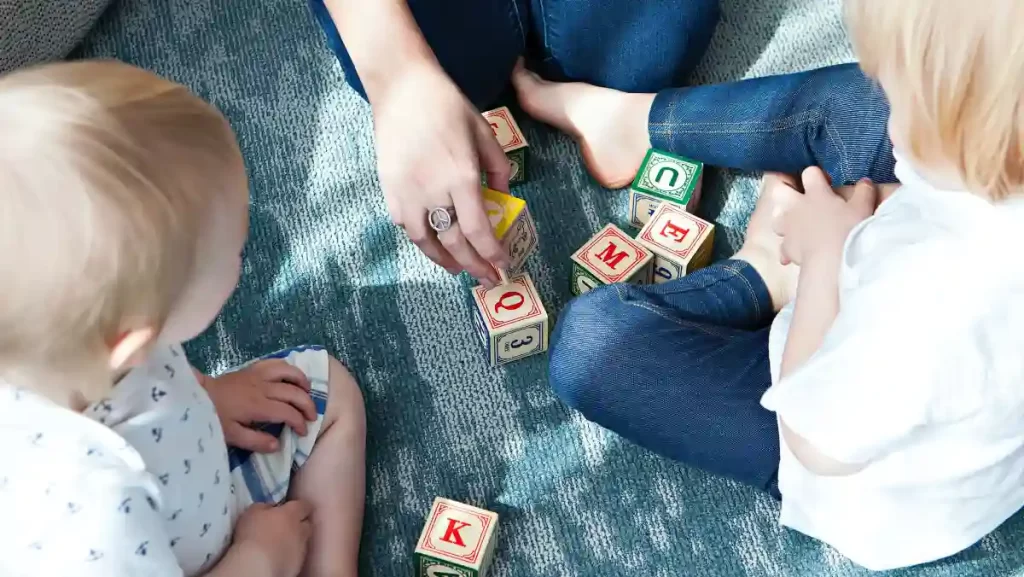
Check out the Vaccination Chart for Babies in India.
Allergic Rhinitis (Allergies)
If your child constantly sneezes or has a runny nose, there are possibilities of your child getting affected with allergic rhinitis which tends to be persistent due to the tropical weather. These are the most common childhood diseases, especially among children, and may also be associated with asthma, ear infections or eczema causing disrupted sleeping patterns.
Avoid crowded, dusty and smoky places and use a high-efficiency particulate air filter to control dust. Try to use an extra pillow to keep your child’s head propped up as it can reduce congestion and ease breathing. Take your child to the doctor immediately if allergic rhinitis becomes worse affecting his daily activities.
Stomach Flu or Diarrhoea
Nausea and vomiting are the most common symptoms of gastroenteritis. If the stools are smelly and watery there can be stomach flu or an infection in the gut. Some children have common childhood illnesses along with the above symptoms like abdominal pain, mild fever and muscle ache.
Keep your child hydrated with liquids like water or juices which do not contain milk. Encourage your child to take small and frequent sips of fluids. Stomach flu can be a contagious common paediatric disease so avoid contact with people. If the condition worsens, it is advisable to consult a paediatrician.
Constipation
Constipation occurs when a child poops more often than the normal poop pattern. You have to check if the stools are harder than usual or if the child faces discomfort, crankiness and a hard abdomen. It can be rare among newborns as breast milk gets easily digested.
Usually, bowel movements may vary from child to child at different ages. You should be aware of what has to be done when your child has trouble passing stool. You can check with your doctor for these common childhood illnesses before trying anything to relieve your baby’s discomfort.
Hand, Foot and Mouth Disease (HFMD)
If you witness any rashes or blisters on your child’s palms, feet or buttocks. If your child has painful mouth ulcers, fever or sore throat there are possibilities of getting the HFMD. These common childhood illnesses can develop occasionally leading to something more serious.
Keep your child isolated from other children as these common paediatric diseases can spread to other children. Make them consume a soft diet that includes porridge and fruit juices because mouth ulcers can be really painful. Allow the child to get plenty of bed rest and keep the surroundings clean. If you suspect anything worse, consult the doctor immediately.
Febrile Seizures
During a febrile seizure, a child can turn stiff, become unconscious, fall down suddenly, or experience jerking arms and legs. Clenched jaw and rolling of the eyes back in the head are common paediatric diseases.
Don’t try to restrain your child from playing. Let his seizure run to the course. Don’t forcefully push anything into your child’s mouth. Ensure that his airway is clear which can prevent choking. After the seizure is over, allow the child to sleep if he wants. If this is the first time, he/she is having a seizure then take them to the doctor immediately.
Chickenpox
Chickenpox has symptoms like fever, itchy, and red spots on the body and face. Chickenpox rashes can appear over a few days and eventually make blisters. The spots may leave scars if the scratched areas get infected. In healthy children, chickenpox is a mild and common childhood disease. These contagious common childhood illnesses or diseases can easily spread through direct contact. Also, it can spread through droplets in the air from an infected person.
Inform your child’s childcare centre or school if your child is infected with chickenpox and keep him home to prevent the illness as it can easily spread to other children. Have an eye on the child to keep them away from scratching.
Give them a cool bath with neem water which can be an antibiotic preventing itchiness and at the same time if you notice your child has dizziness, a rapid heartbeat, shortness of breath, vomiting, tremors, stiff neck, loss of muscle coordination and a high fever immediate consultation with the doctor is recommended.
Eczema
When your child gets a red, itchy rash on his face, limbs, or trunk and if he/she constantly scratches, eczema can be the reason. These common childhood diseases are not infectious and can have a common symptom due to the family history, other related conditions like hay fever or asthma.
Keep your child’s skin moisturised. Avoid chemical exposures and common triggers such as dust, temperatures, smoke, animal fur, pollen grains and stress. Make them use mild soaps and cotton wear. But if your child faces discomfort in sleep or daily sleep, crusting or oozing sores, take your child to the doctor who treats common paediatric diseases.
Read also Covid Vaccine for Kids in India.

